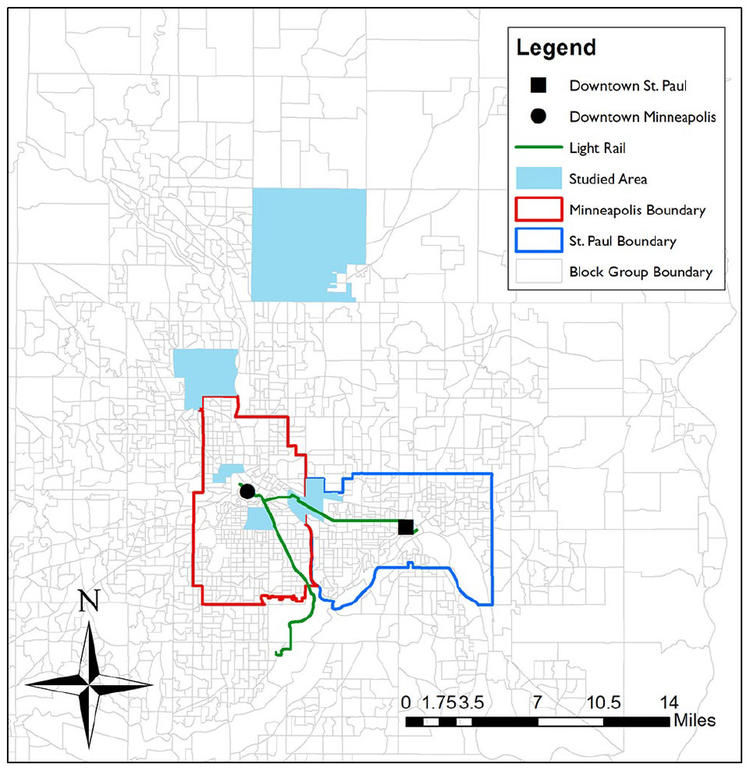Image

Exploring the Nonlinear Relationship between the Built Environment and Active Travel in the Twin Cities
Publication Year
2020
Type
Journal Article
Abstract
Active travel is important to public health and the environment. Previous studies substantiate built environment influences active travel, but they seldom assess its overall contribution. Most of the studies assume that built environment characteristics have linear associations with active travel. This study uses Gradient Boosting Decision Trees to explore nonlinear relationships between the built environment and active travel in the Twin Cities. Collectively, the built environment has more predictive power for active travel than demographics, and parks, proximity to downtown, and transit access have important influences. The threshold effects of built environment variables help inform planning practice.
Journal
Journal of Planning Education and Research

